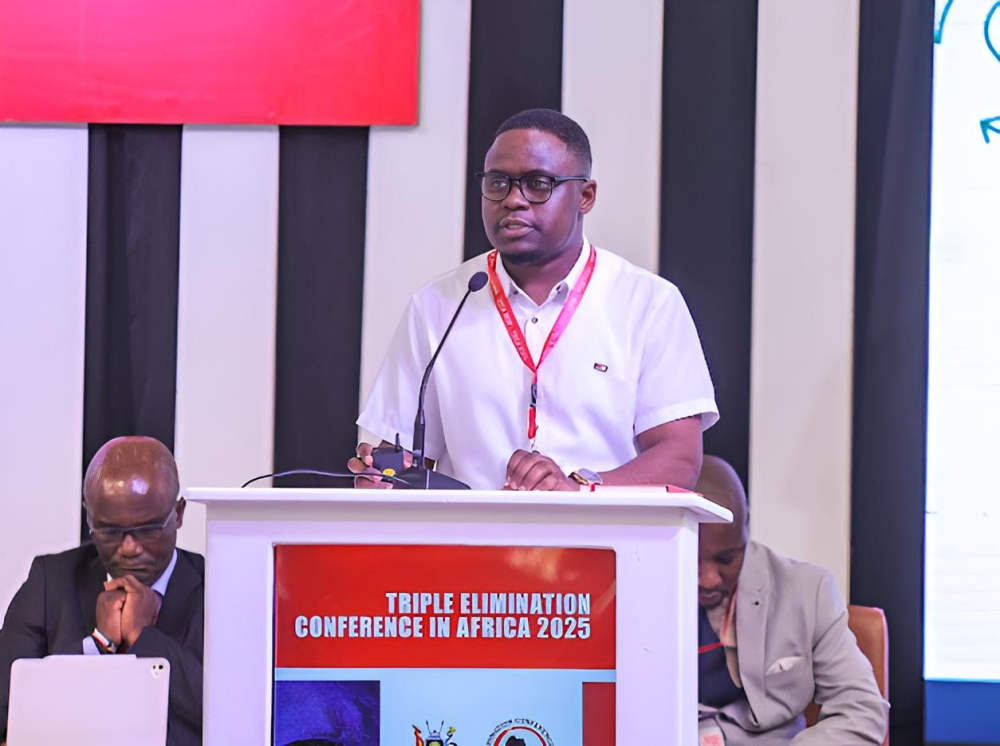I met Anne about four months ago. I had gone to visit friend who then introduced to me to her new neighbours, Anne and her two daughters who I must say are really pretty. I might have been meeting that family for the first time but I quickly noticed how kind and polite all three of them are.

I met Anne about four months ago. I had gone to visit friend who then introduced to me to her new neighbours, Anne and her two daughters who I must say are really pretty. I might have been meeting that family for the first time but I quickly noticed how kind and polite all three of them are. I didn’t see any of them again until last Sunday. I was attending the Easter service at one of the Pentecostal churches and I was surprised to see Anne and the girls, even more surprised that they remembered me. That’s how I got a late Easter invite to celebrate Christ’s resurrection with them. They were not spending the day at their house but at Anne’s late husband’s parents’ home in Nyamata, something they have done every Easter since Anne’s husband was killed in the 1994 Genocide against the Tutsi. That dark day when he met his untimely death, Anne had taken the children to live with their grandparents until such a time when a semblance of security returned to their neighbourhood. Anne’s husband had realized that he couldn’t protect his wife and children against the violence and had decided to send them to his parents’ home. He secretly hoped his wife would stay with the children so that all three of them would stay safe. Anne also wanted the children to be spared the violence but at the same time, she didn’t want to leave her husband and so she agreed to take the children to live with her in-laws on condition that she would come right back and stay by her husband’s side. She returned a day later to a quiet home. "I knew my husband was home because there were clothes hanging on the line in the compound. Also, the door was slightly open so I was sure he was inside but when I called out to him to let him know I was back, there was no response. That minute, I just knew something was wrong. Our house was small, only three rooms and I quickly went through them. I found his body in our bedroom. I couldn’t even scream. It must have been the shock. I don’t remember much about the rest of that day. What I remember is arriving back at my in-laws’ home. I couldn’t bring myself to tell them the news and waited until the children were asleep. The next day, his parents and I decided we had to bury him. If they wanted to kill us all, there was nothing we could do to stop them so along with some of my relatives, we collected my husband’s body and buried him. I never took anything from that house. It was too painful. The children were too young to remember the details but they now know how their father died,” she recounted. Looking at Anne, you wouldn’t know how much pain she has endured. She still doesn’t know who killed her husband but she says whoever it was is forgiven. I asked her what has helped her deal with the loss and she said it’s only God. "I will not lie, it was hard at first. I struggled with the pain, the fear of not knowing what would happen next, whether the perpetrators would return for me and the children. My daughters would also ask about their father because he was there one day and gone the next. But we survived it all. It has taken years but we are stronger now.” My heart breaks every time I hear stories like this. The only comfort is in knowing that the survivors picked up the pieces and moved on. In Anne’s case, her daughters are both at university with great prospects for the future.




